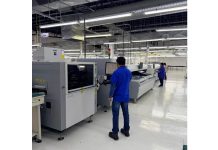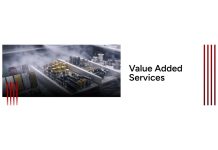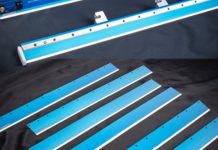For electronics manufacturers and their customers worldwide, the ongoing impact of US tariffs continues to deliver unwelcome surprises, especially when hitting components already caught in supply chain backlogs. With these tariffs adding significant costs, often ranging from 10% to 25%, suppliers have faced the difficult position of revisiting previously agreed prices—most acutely for parts already sitting on backorder, sometimes for months.
Astute Group’s Sales & Marketing Director, Mark Shanley, based in the UK but dealing with these global ripples, summed up the situation: “We had to immediately tackle difficult conversations, particularly regarding items on backorder. Many emails have followed a ‘good news/bad news’ pattern: your order is shipping soon, but unfortunately, it now costs more.
“We’ve had to explain that this is purely down to the US trade tariffs significantly increasing our import costs—both for goods consumed domestically and for those components we import into the US before distributing internationally. It’s not a change we wanted, but one forced upon us. Customers may feel like there should be a compromise despite understanding the external nature of tariffs. A few of the responses have been colourful to say the least!
“Some customers who carefully budgeted based on initial quotes are now reassessing affordability, impacting project viability. The risk is they may abandon a project or seek to source alternatives—at times even chancing lower-quality or counterfeit components.”
A backorder occurs when demand outstrips supply – a situation exacerbated in recent times by component shortages driven by booming sectors like AI and electric vehicles, alongside persistent manufacturing or logistics delays. Customers waiting patiently for essential parts like MLCCs, specific power semiconductors, or vital passive components sourced from affected regions then face an abrupt financial shock. Tariffs suddenly elevate costs just before delivery, leaving customers grappling with unexpected financial burdens that can derail carefully planned project budgets.
Mark warned that OEMs can expect suppliers, seeking to manage volatility and hedge against currency fluctuations or further policy shifts, to build-in more financial headroom against further cost increases: “The ripple effects of such sudden price hikes are substantial. Tariffs contribute significantly to the host of factors adding to the current inflationary situation across the electronics sector. The cumulative effect impacts project schedules and viability, creates widespread frustration, damages hard-won supplier relationships, and fosters uncertainty – none of which benefit the long-term stability of the electronics supply chain.”
For help with procurement and navigating tariffs, contact Astute Group.










